Within few days of the US claims that the Pentagon had launched a long-planned cyberattack to disable Iran’s rocket launch systems, Jahromi wrote in a tweet, “They try hard, but have not yet carried out a successful attack.”
“Media asked if the claimed cyberattacks against Iran are true,” he said, adding, “We have been under cyber-terrorism attacks like Stuxnet and unilateralism – like the US sanctions – for a long time," but none have been successful.
"Last year we neutralized 33 million attacks with the [national] firewall,” the ICT minister said.
Last week, US news outlets cited unnamed sources to report that President Donald Trump had approved an offensive cyber strike aimed at disabling Iranian computer systems used to control rocket and missile launches. The attacks came shortly after the Islamic Revolutionary Guards Corps (IRGC) announced that its Aerospace Forces used an indigenous Khordad 3 surface-to-air missile system to shoot down a US Navy RQ-4A global Hawk drone moments after it entered Iranian airspace in the Persian Gulf region to gather intelligence.
In line with the push to fend off cyber violations, Iran’s ICT Ministry unveiled a cybersecurity project codenamed Digital Fortress (Dejfa in Persian) in May to shield the country from increasing cyber threats targeting Iran’s infrastructures.
The Digital Fortress aims to protect citizens’ privacy, deter the cyberattacks on infrastructure, help sustain digital services, combat data breaches and online fraud, as well as detect malware in the network and stop its spread.
According to Jahromi, the fortress will also help Iran prevent denial-of-service strikes and protect the country’s industrial infrastructure against cyber espionage and sabotage attacks.
MR


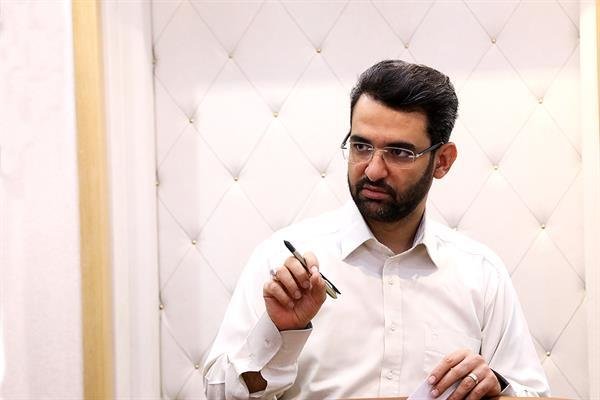


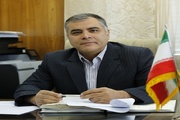

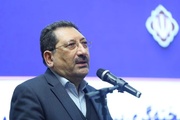
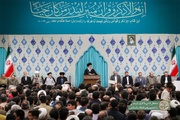
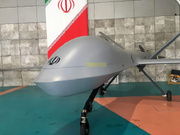

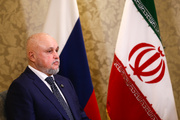














Your Comment